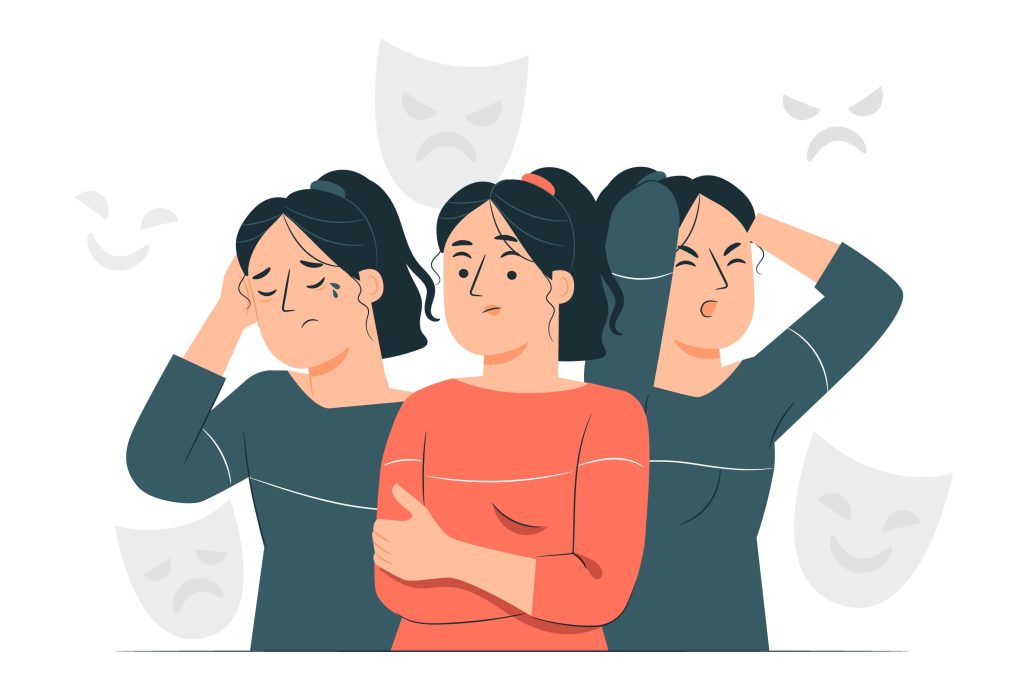
Personality disorders are a group of mental health conditions that affect the way individuals think, feel, and behave. These disorders can significantly impact an individual’s relationships, work life, and overall well-being. If you or someone you know has been diagnosed with a personality disorder, it is crucial to seek professional help. Now the most important question arises from where do you get the best Personality Disorder Treatment In Lahore.
Dr. Zahid Qutab is the top psychiatrist Lahore who specializes in the diagnosis and treatment of personality disorders. The comprehensive guide below will provide you with information on the various treatment options available for personality disorders in Lahore.
Read more to get further details.
There are ten types of personality disorders, which are grouped into three clusters based on their similar characteristics. These include:
Treatment for personality disorders may vary depending on the severity of symptoms and individual needs. Dr Zahid Qutab offers a range of treatment options for personality disorders in Lahore, including:
Seeking professional help is crucial for the effective treatment of personality disorders. Dr Zahid Qutab offers personalized and comprehensive treatment plans for individuals with personality disorders in Lahore. With his expertise and experience, you or your loved one can find relief from symptoms, improve relationships, and lead a fulfilling life.
Do not hesitate to seek help and take the first step towards healing. Remember, recovery is possible with the right support and treatment. So if you or someone you know is struggling with a personality disorder, reach out to Dr Zahid Qutab for professional and compassionate care.
Some of the frequently asked questions by people are mentioned below:
While personality disorders cannot be cured, they can be effectively managed with treatment. With proper therapy, medication, and support, individuals with personality disorders can learn to cope with their symptoms and lead fulfilling lives.
Yes, it is possible to live with a personality disorder. Seeking treatment can help individuals manage their symptoms and improve their quality of life.
The best treatment for personality disorders may vary from person to person. It is important to work with a mental health professional, such as Dr. Zahid Qutab, to develop a personalized treatment plan that addresses individual needs and symptoms.
Best psychiatrist in Lahore,
387-E Khayaban-e-Firdousi, near Allahu chowk, Block E Phase 1 Johar Town, Lahore, Punjab 54782
Days and Timings:
Monday 03:00pm to 10:00pm
Wednesday 03:00pm to 10:00pm
Thursday 03:00pm to 10:00pm
Friday 03:00pm to 10:00pm
Sunday 03:00pm to 10:00pm
For appointment: 0321 1439754
CENTRAL HOSPITAL, GUJRANWALA
Days and Timings:
Saturday 02:00pm to 09:30pm
For appointment:
055-4277072
055-4277073
055-4277074
ONLINE VIDEO CONSULTATION
For appointment: +92 321 1439754